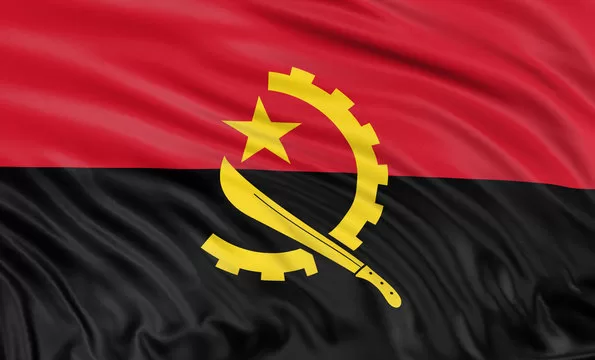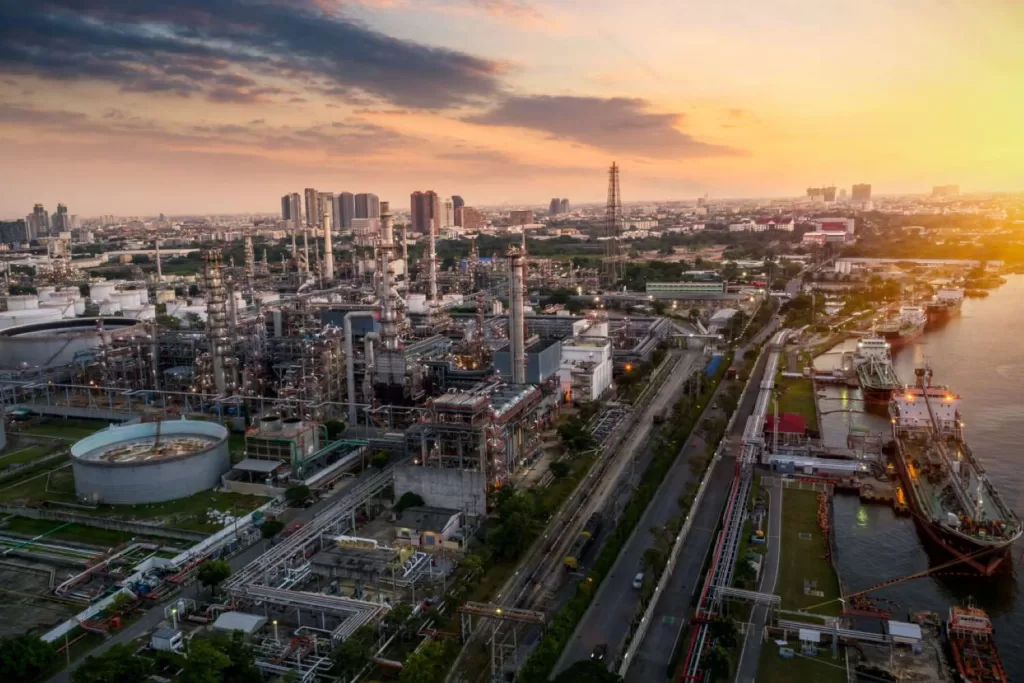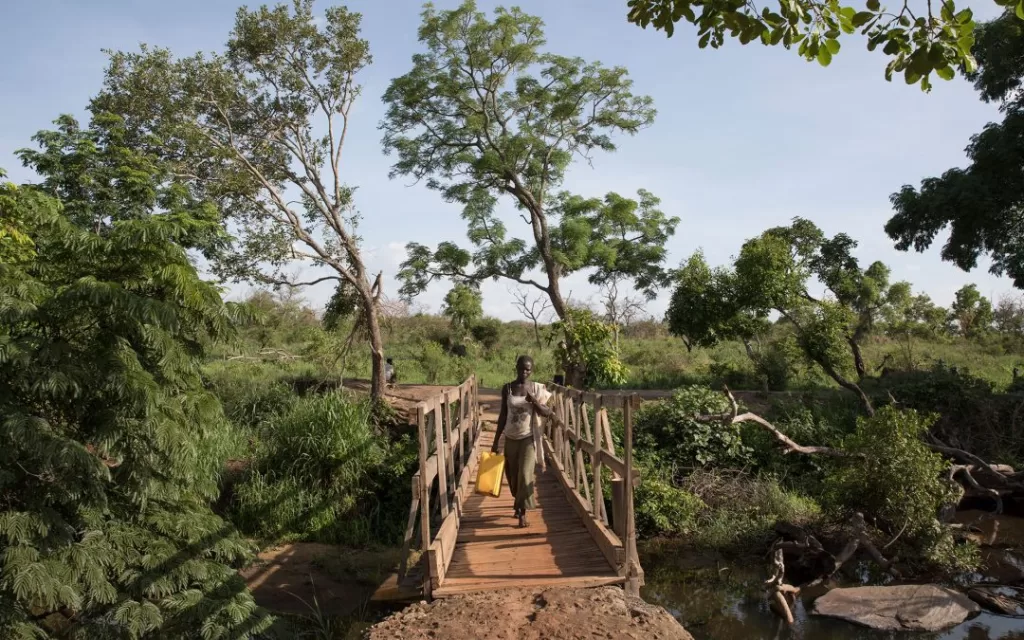Angola Country Report

Angola is a beautiful country located in Southern Africa. It has a rich history, diverse culture, and stunning natural landscapes. The official language of Angola is Portuguese, and the country gained independence from Portugal in 1975. Angola is known for its vibrant music and dance, with genres like kizomba and semba originating from the country. The cuisine of Angola is also delicious, with dishes like muamba de galinha (chicken stew) and funge (a cornmeal dish) being popular. In terms of natural beauty, Angola has breathtaking landscapes, including the stunning coastline along the Atlantic Ocean, the lush rainforests of the Congo Basin, and the scenic highlands of the interior. The country is also home to diverse wildlife, including elephants, lions, and a variety of bird species. Angola has a developing economy, with industries such as oil, diamonds, agriculture, and tourism contributing to its growth. The country has made significant progress in recent years, focusing on infrastructure development and attracting foreign investment.
Last updated: July 19, 2023
Security
In terms of security, Angola has made significant progress in recent years. The government has implemented measures to improve public safety and combat crime. However, like any country, it’s always important to exercise caution and be aware of your surroundings, especially in urban areas. It’s advisable to follow local laws and regulations and take necessary precautions to ensure your safety while visiting or residing in Angola.
The country has been working on improving public safety and combating crime. The government has implemented measures to enhance security, especially in urban areas. However, it’s always important to exercise caution and be aware of your surroundings, just like in any other country. Following local laws and regulations, and taking necessary precautions can help ensure your safety while in Angola
Last updated: April 15, 2022
Infrastructure

Angola has been investing in the development of its infrastructure to support economic growth and improve the quality of life for its citizens. Transportation infrastructure in Angola has seen significant improvements. The country has an extensive road network that connects major cities and regions, facilitating the movement of goods and people. The government has also invested in upgrading and expanding airports, such as the Quatro de Fevereiro International Airport in Luanda, to enhance air travel connectivity. Angola is also working on improving its energy infrastructure. The country has several ongoing energy projects, including the construction of hydroelectric dams, such as the Lauca and Cambambe dams, to increase electricity generation capacity. These projects aim to provide reliable and sustainable energy sources for both urban and rural areas. In terms of telecommunications, Angola has made strides in expanding and modernizing its communication networks. The country has a growing mobile phone network and an increasing number of internet service providers, ensuring better connectivity and access to communication services.
Furthermore, Angola has been investing in the development of social infrastructure. The government has focused on improving healthcare facilities, education institutions, and public utilities. Efforts have been made to build and upgrade hospitals, schools, and water supply systems to provide essential services to the population. While Angola has made progress in its infrastructure development, there are still ongoing efforts to further enhance and expand the country’s infrastructure to meet the needs of its growing population and support economic development.
Last updated: April 3, 2023
Environment

The environment in Angola is incredibly diverse and rich in natural resources. The country is known for its vast landscapes, including lush rainforests, expansive savannahs, and beautiful coastal areas. Angola is home to a wide range of plant and animal species, some of which are unique to the region. The country has several national parks and protected areas, such as Kissama National Park and Bicuar National Park, where efforts are made to conserve the natural habitats and promote biodiversity. However, like many other countries, Angola faces environmental challenges. Deforestation, illegal wildlife trade, and pollution are some of the issues that need to be addressed. The government is working towards implementing sustainable practices and raising awareness about the importance of environmental conservation. Efforts are also being made to promote renewable energy sources, such as solar and wind power, to reduce reliance on fossil fuels and mitigate the impact of climate change.
Last updated: March 11, 2022
Health and Medical
Health and medical services in Angola have seen improvements in recent years. The government has been investing in healthcare infrastructure, including the construction and renovation of hospitals and clinics. Efforts have also been made to enhance medical training and education to ensure a skilled healthcare workforce. However, it’s important to note that healthcare access and quality can vary across different regions of Angola. In urban areas, there are generally more healthcare facilities and services available, while rural areas may face challenges in accessing adequate medical care. The government has implemented various initiatives to address healthcare needs, such as increasing the availability of essential medications and vaccines, improving maternal and child health services, and combating infectious diseases like malaria and HIV/AIDS.
Last updated: July 25, 2023
Political
The politics of Angola is a complex and evolving landscape. The country operates under a presidential system with a multi-party political system. The ruling party in Angola is the Popular Movement for the Liberation of Angola (MPLA), which has been in power since independence in 1975. Angola has made progress in terms of political stability and democratic governance. However, there have been concerns about issues such as corruption, human rights, and media freedom. Efforts are being made to address these challenges and strengthen democratic institutions. The country has held several elections, including presidential and parliamentary elections, to ensure a peaceful transition of power. The most recent general elections took place in 2017, resulting in João Lourenço becoming the President of Angola.
Last updated: September 7, 2022















